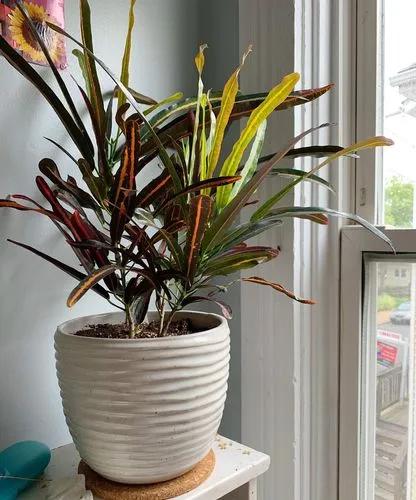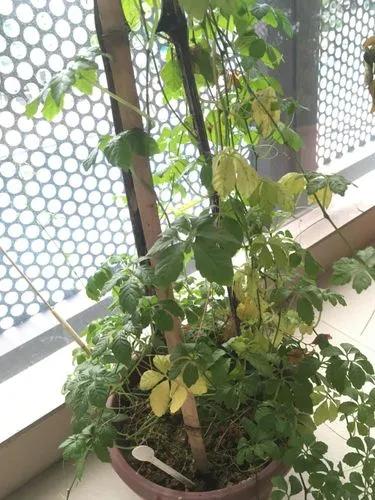Asparagus Fern is a round-shaped herbaceous climbing perennial grown both indoors and outdoors. People mainly raise this plant for its foliage.
Asparagus Fern Care
Asparagus densiflorus ‘Sprengeri’
Other names: Emerald Fern; Basket Asparagus



Asparagus Fern is native to South America. Other names for this houseplant are Asparagus Grass, Climbing Asparagus, or Ferny Asparagus. This plant has long, arching fern-like leaves and can reach up to 3 ft (1m) high. Groups of soft needles closely cover the foliage.
How to Care for the Plant

Water

Keep the soil of Asparagus Fern moist, especially indoors in winters. Water and mist it daily, paying attention to the arching stems. The top inch (2.5 cm) of soil should be dry to the touch before the next watering. Irrigate it more often if the plant is turning brown.

Pruning

You don't need to prune Asparagus Fern regularly so that it can stay looking bushy. Shape the plant with garden shears or sharp scissors, if you want. Cut at the base of a stem, not in the middle.

Fertilizer

Use liquid or water-soluble fertilizer once a month in fall-spring and once a week in summer.

Sunlight

Indoor plants prefer bright indirect light, sometimes half-shaded places. Meanwhile, too much direct sunlight can turn the outdoor plant leaves yellow or brown.

Soil

Ground for indoor Asparagus Fern should be well-drained, loose, and moist. As for outdoor plants, find rich, slightly acidic, and soil-based substrate.

Propagation

Asparagus Fern propagates by root division in spring. When dividing, use the gloves not to be cut by the sharp spikes.
First, remove the houseplant from the pot. Use a shovel or a trowel for that.
Second, divide the root clump into two parts with a knife or a trowel. Each item needs to have the root section.
Third, plant each part into different pots in shady places.

Temperature

The most suitable temperature for Asparagus Fern is 60-80°F (15-27°C). Don't let your plant stay at a temperature lower than 55° F (12°C) for long. Unforeseen temperature changes make cladodes drop, so keep an eye on that.

Container

Choose a container with drainage holes the same size as the root ball. Asparagus Fern matures fast, so it's not difficult for the tuberous roots to break out of the pot. Replanting is necessary after 1-2 years of growth.

Fun fact

Asparagus Fern is not precisely a fern. This perennial is a member of the Liliaceae family and got its name from the fern-like "leaves." This plant generates flowers and toxic berries, so keep the fern away from pets.

Popularity

2,558 people already have this plant 736 people have added this plant to their wishlists
Discover more plants with the list below
Popular articles






